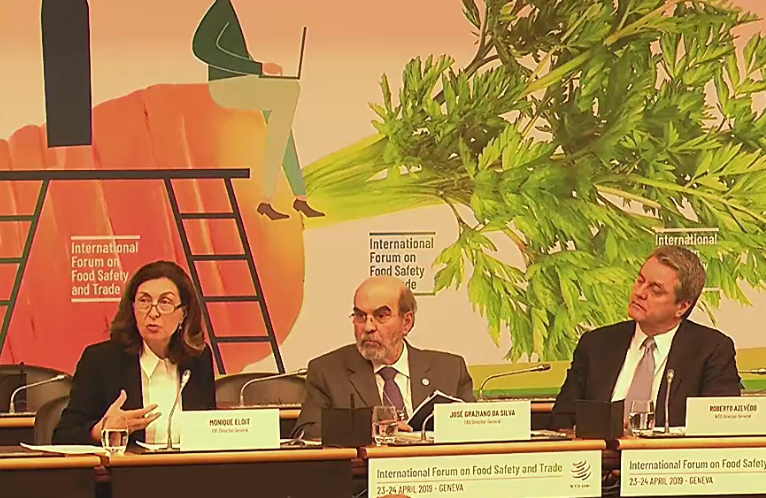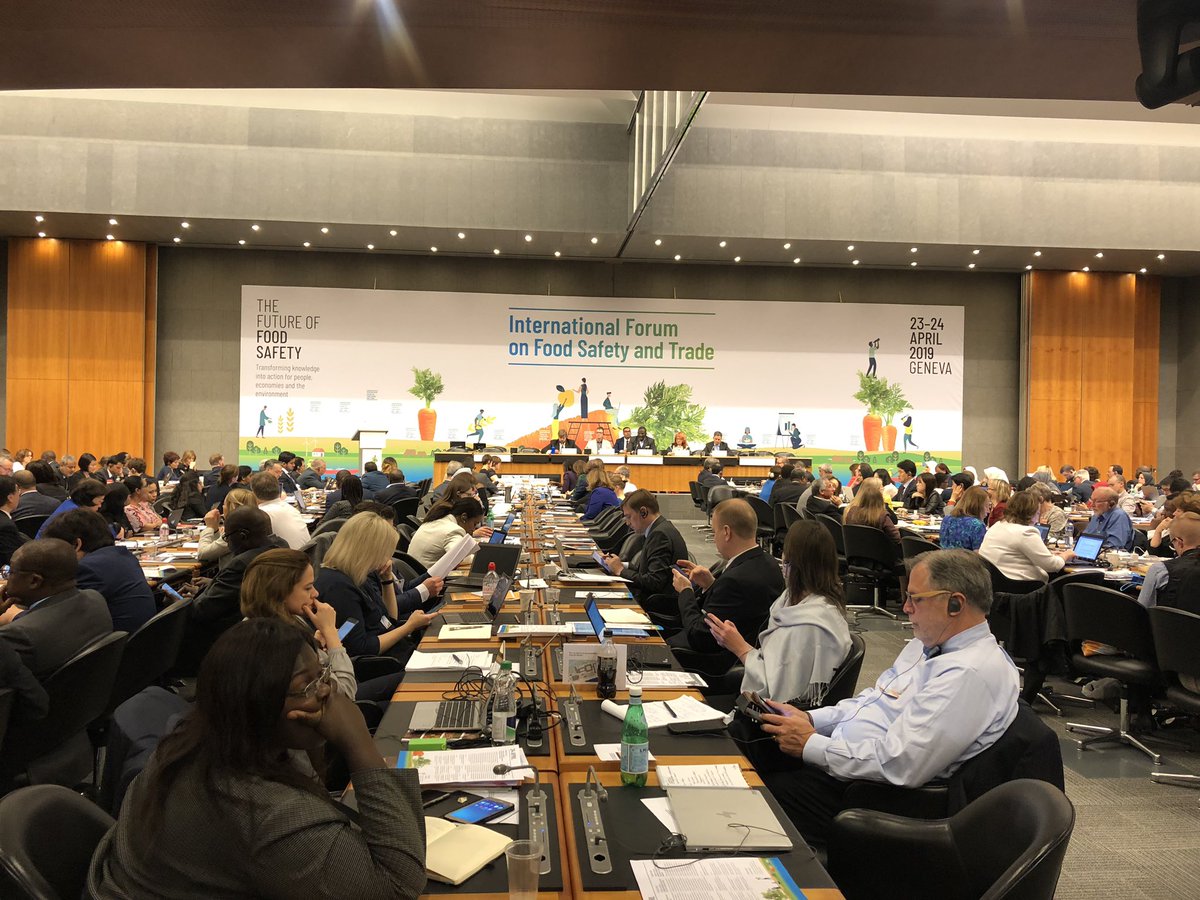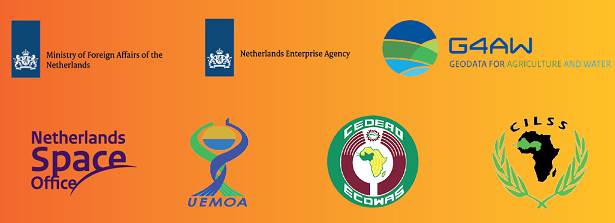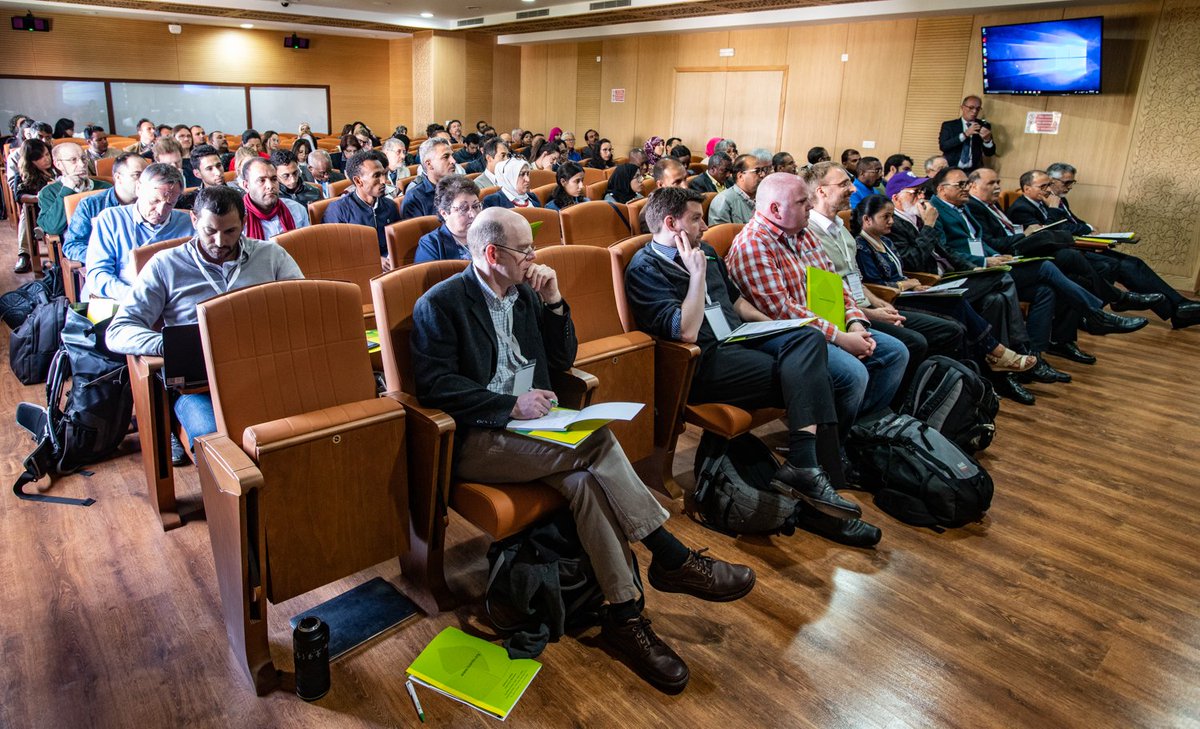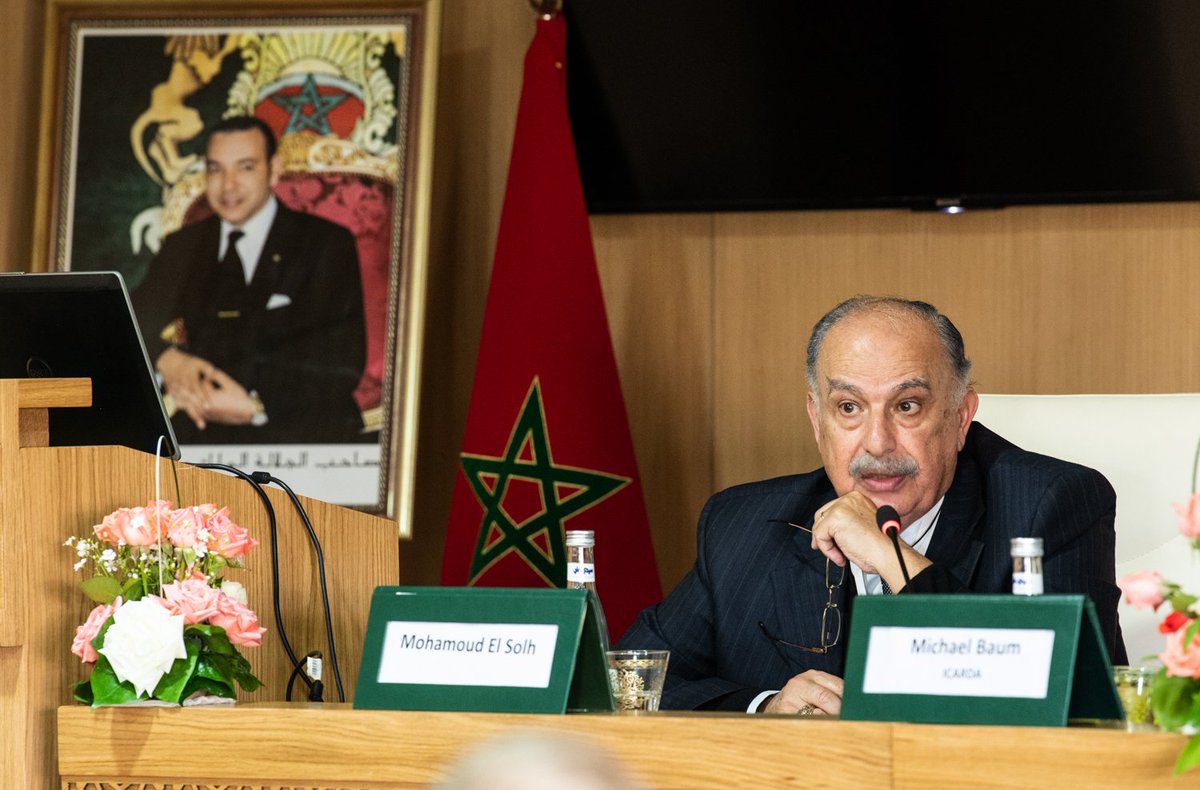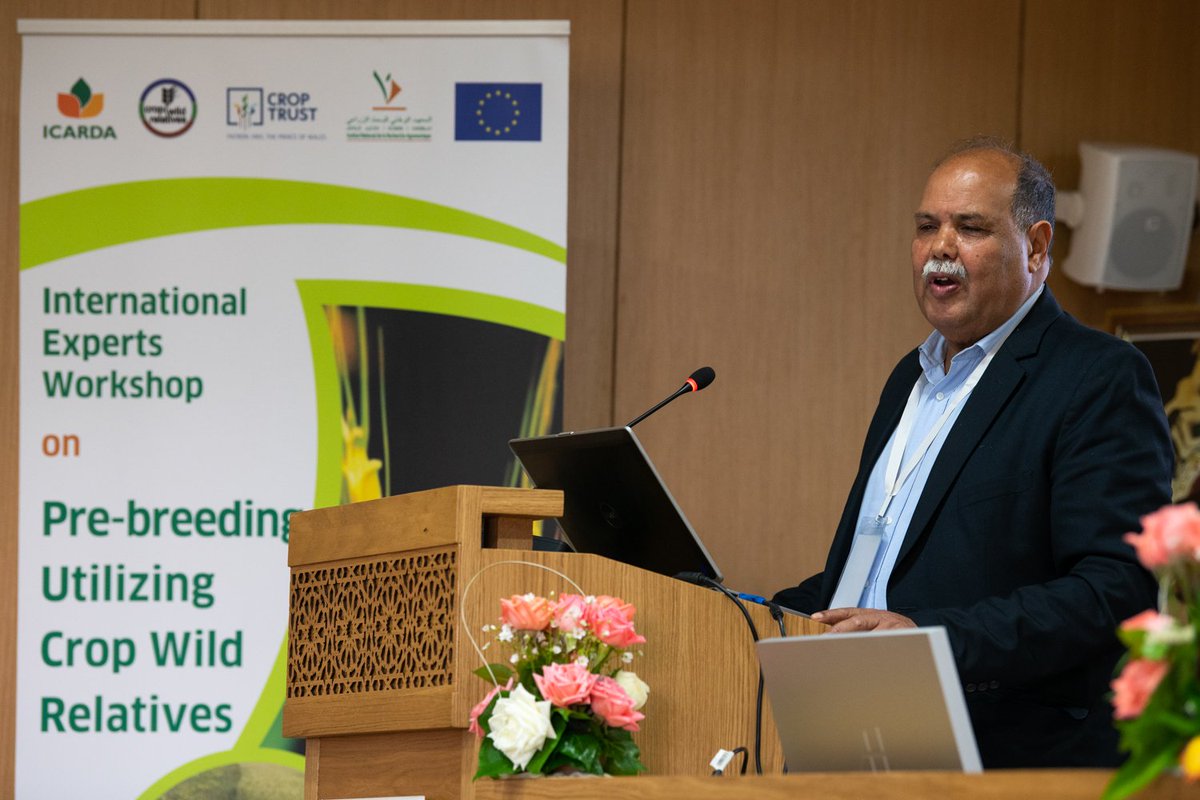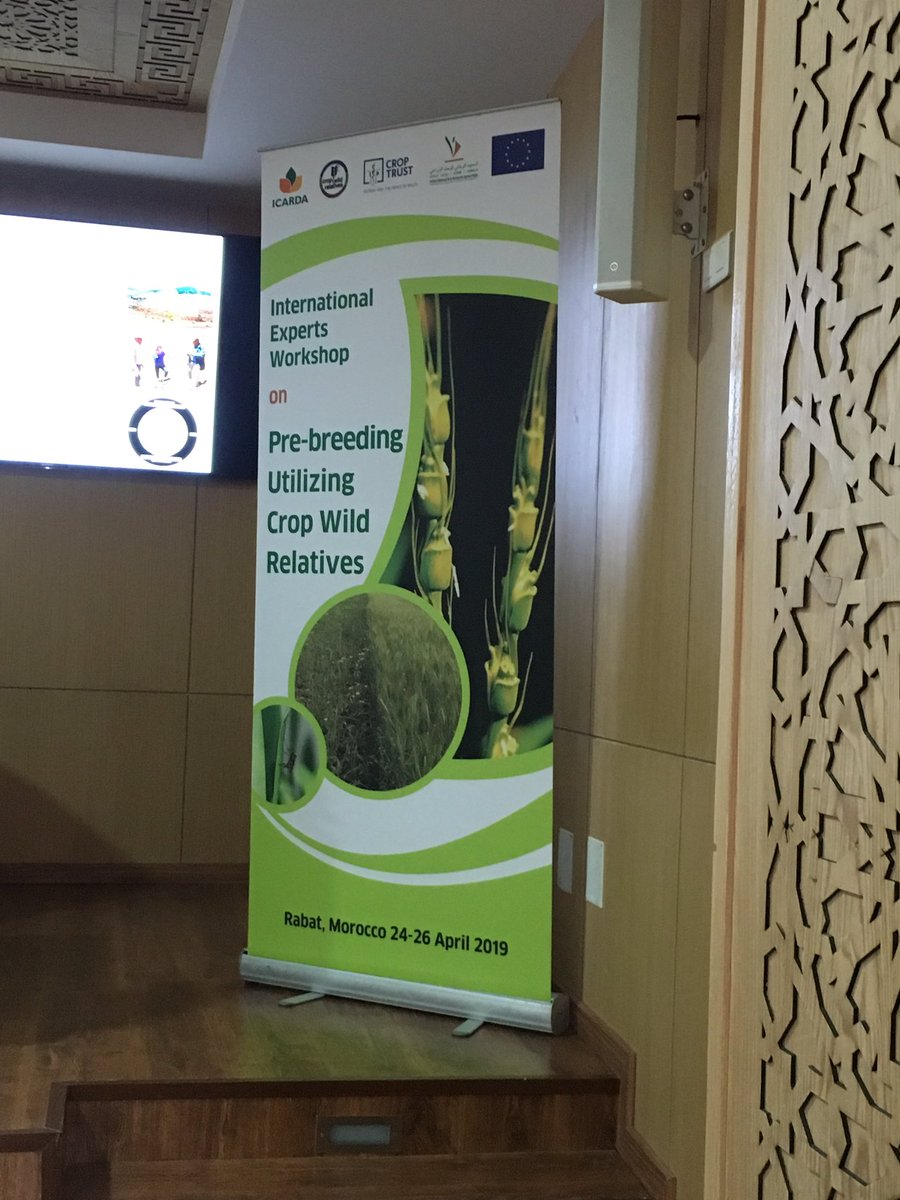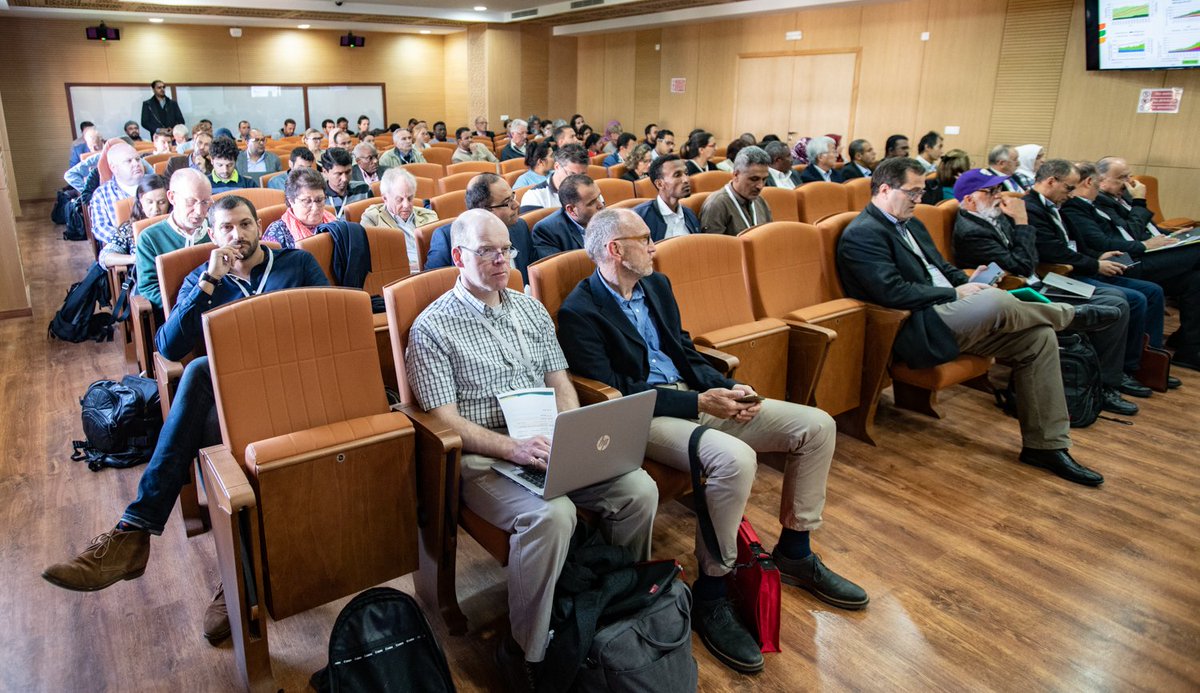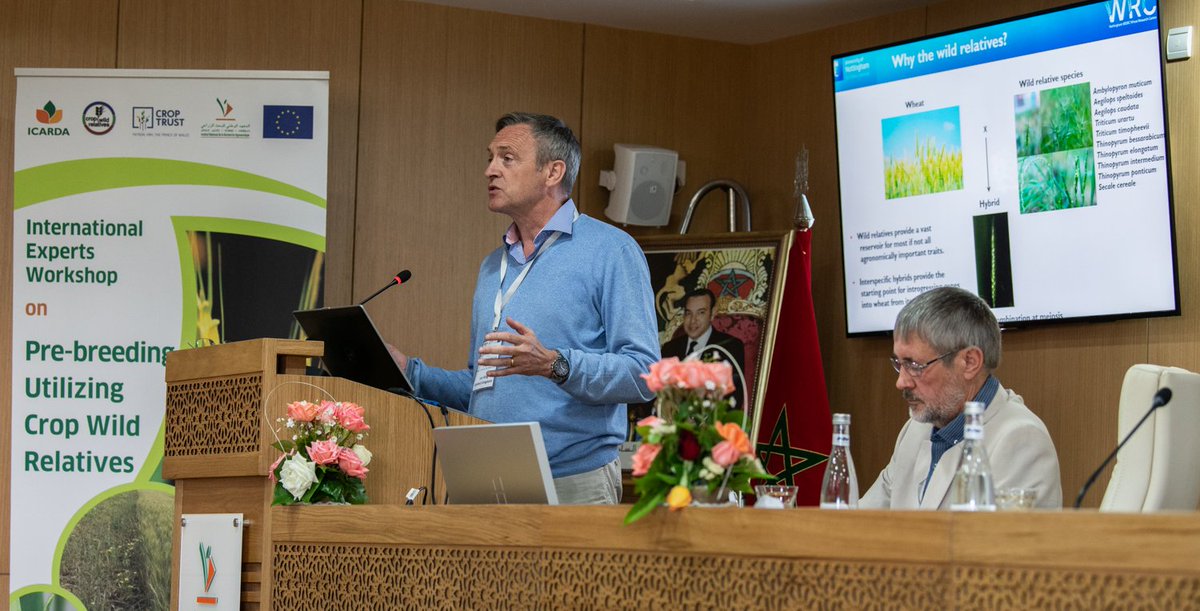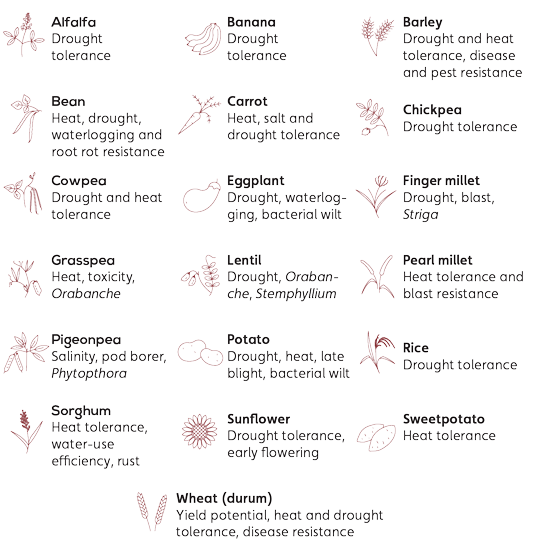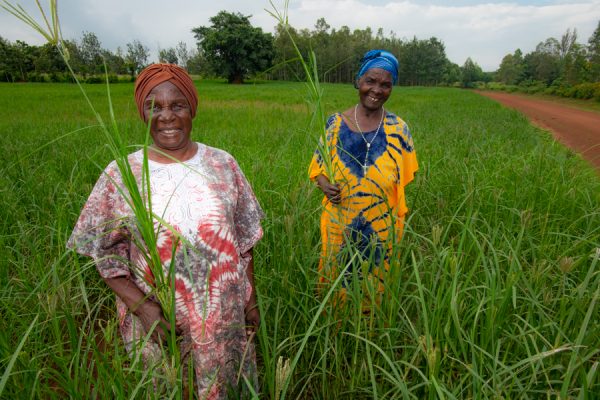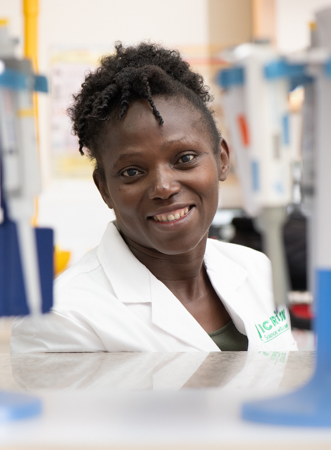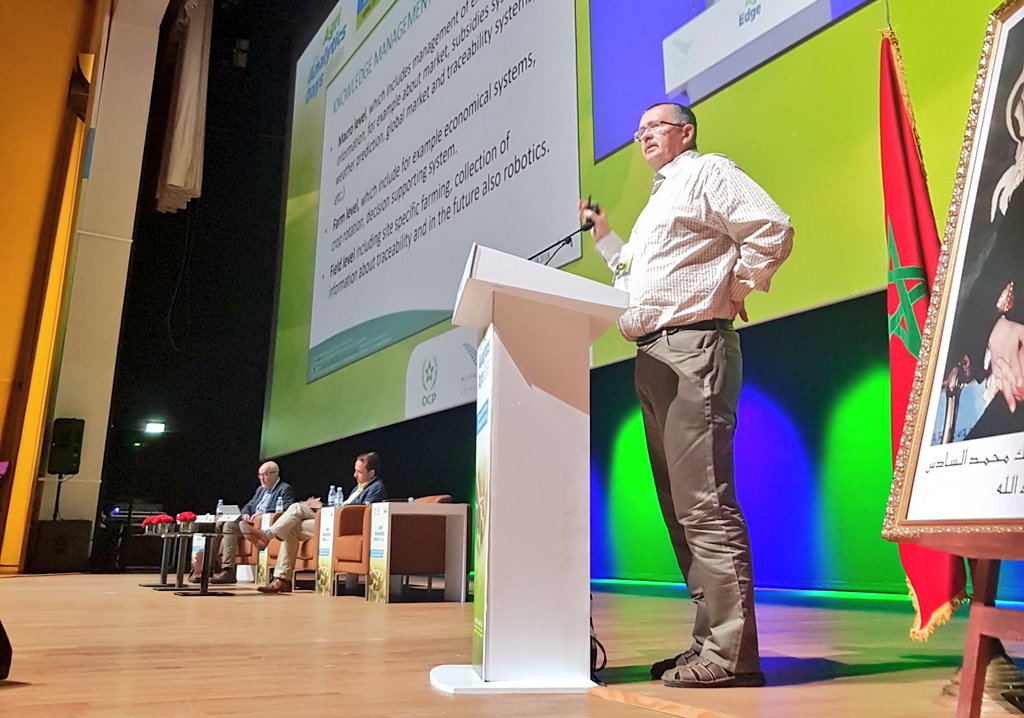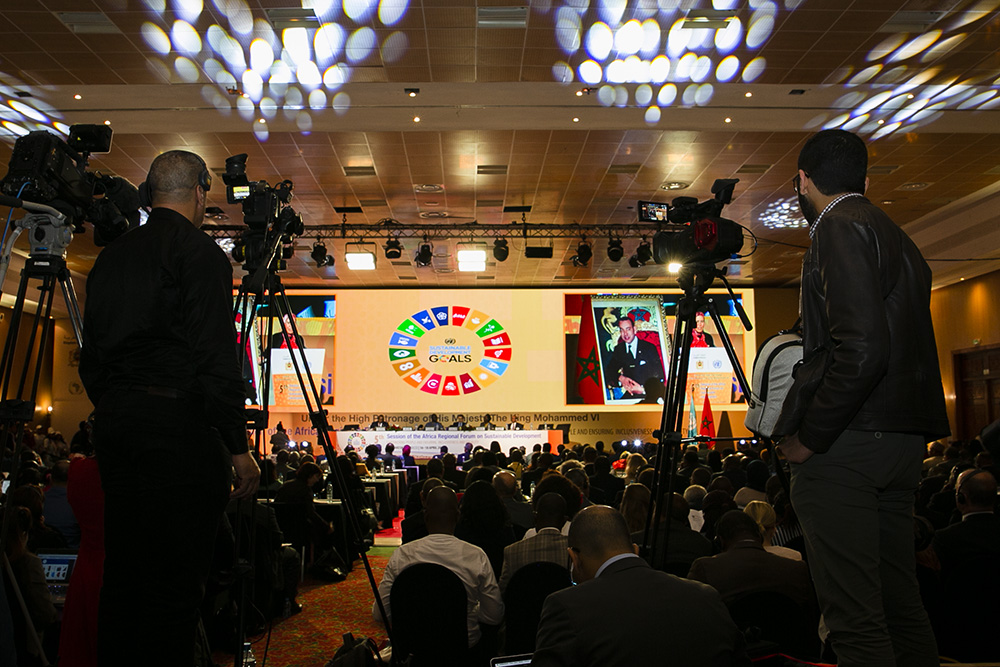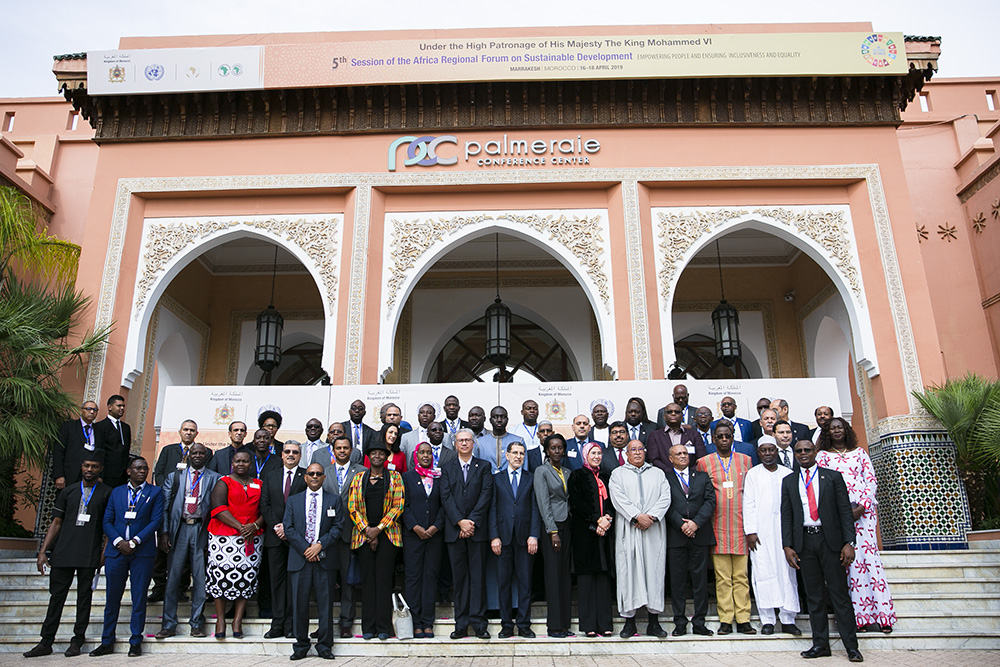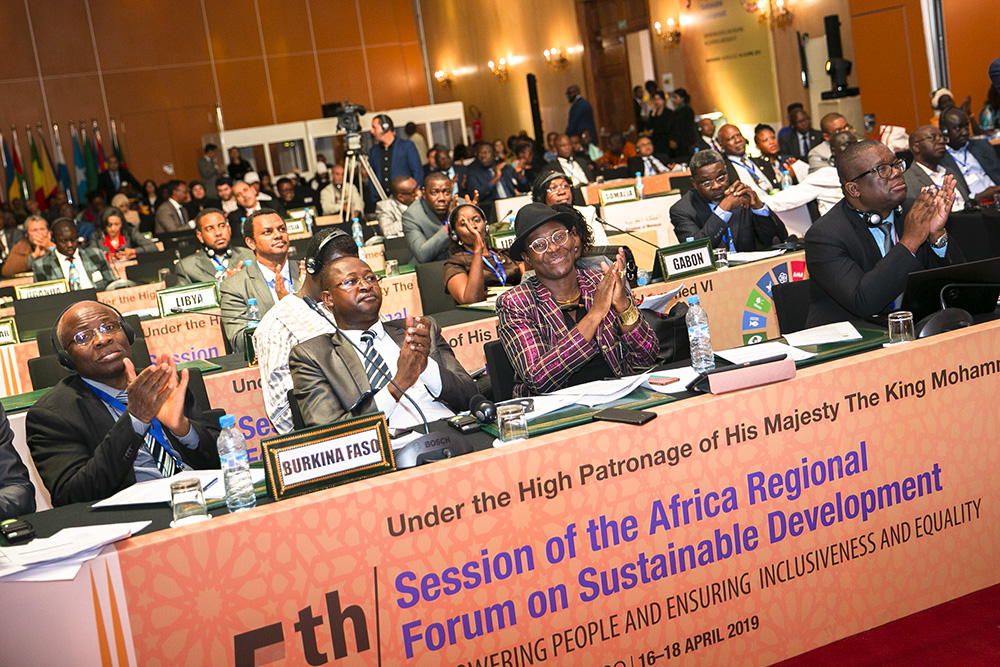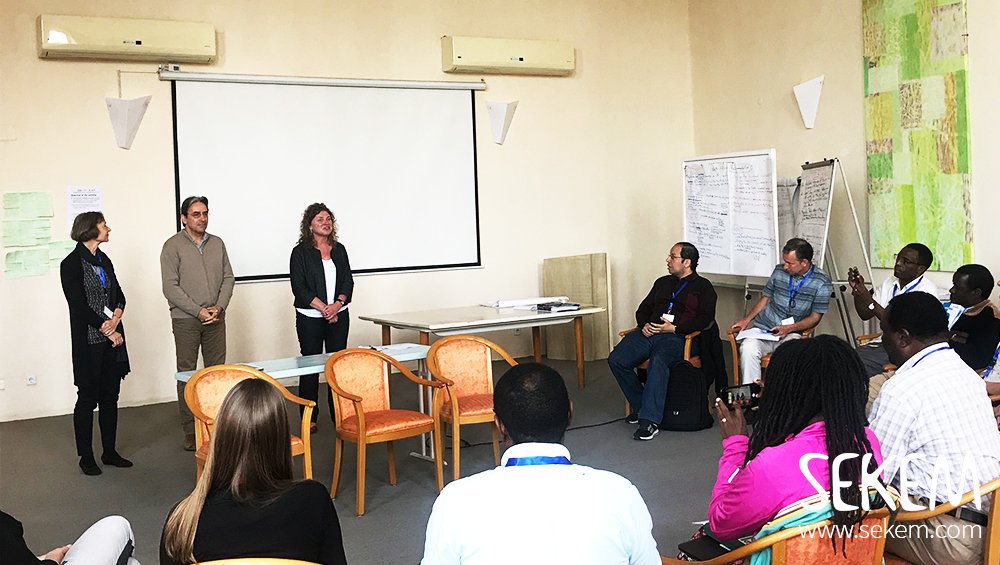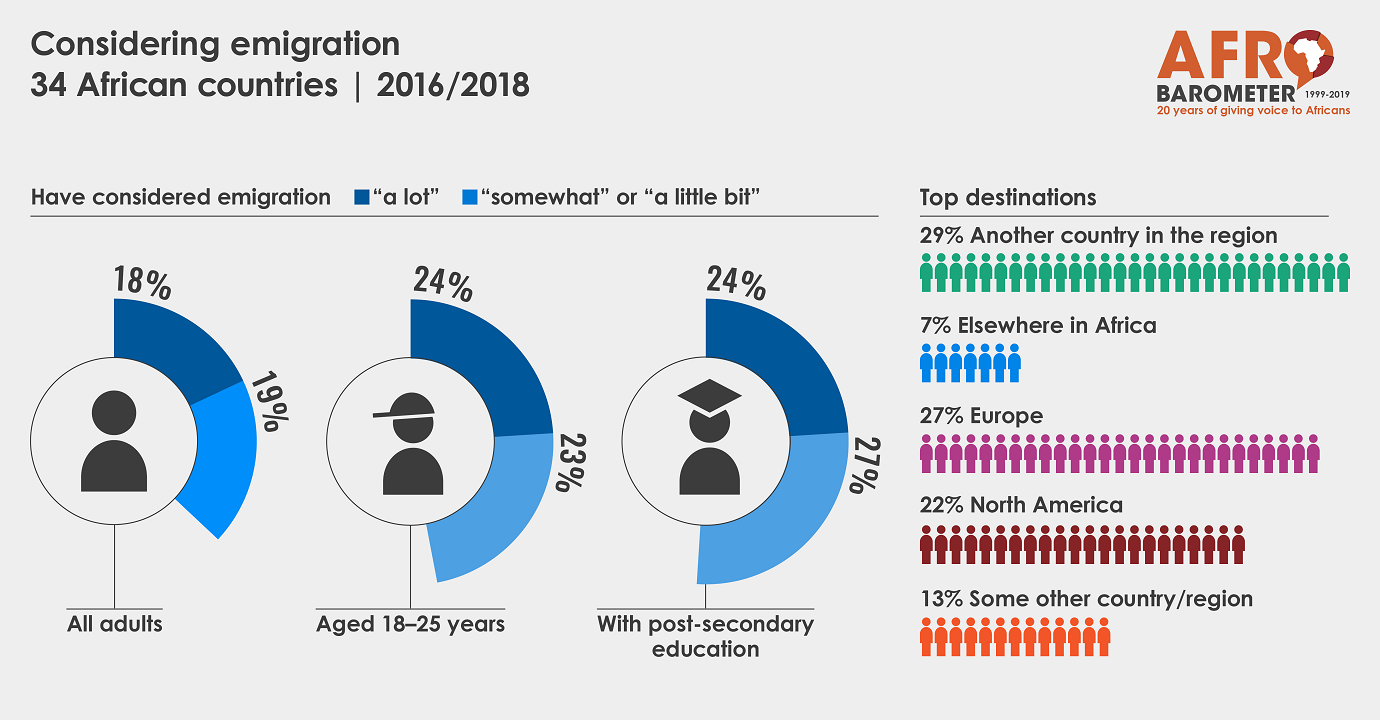23-24 April 2019. Geneva, Switzerland. The FAO/WHO/WTO International Forum on Food Safety and Trade.
Webcast
https://twitter.com/wto
Continuing the discussions from the Addis Conference, the Geneva Forum addressed the trade-related aspects and challenges of food safety.
Webcast
https://twitter.com/wto
Continuing the discussions from the Addis Conference, the Geneva Forum addressed the trade-related aspects and challenges of food safety.
The food safety priorities set by this Conference facilitated global collaboration and help ensure that no one is left behind. Its provided an opportunity for participants to explore the challenges and opportunities arising from rapid technological change and digitalization, namely:
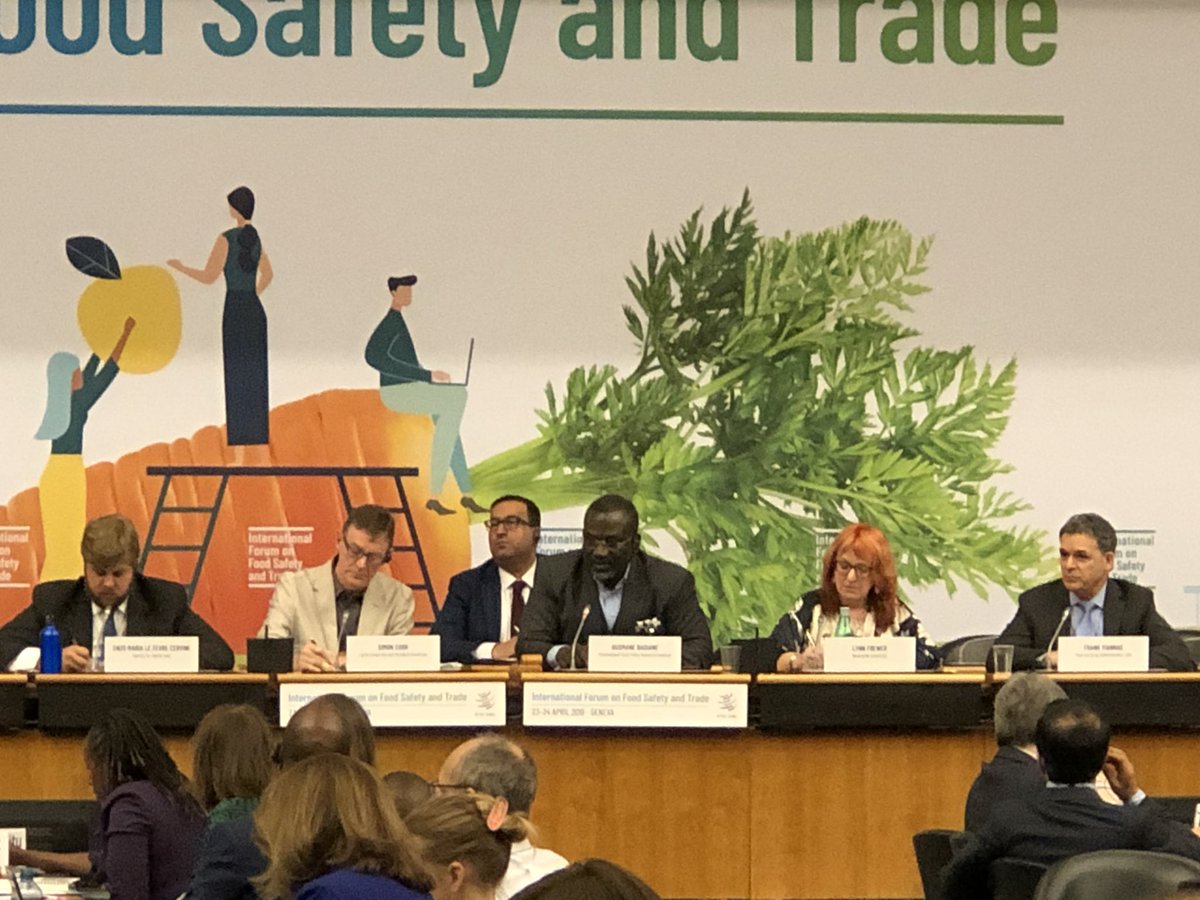 The conference will result in a document summarizing key issues and recommendations from both, the Addis Conference and the Geneva Forum, to better align and coordinate efforts to strengthen food safety systems across
The conference will result in a document summarizing key issues and recommendations from both, the Addis Conference and the Geneva Forum, to better align and coordinate efforts to strengthen food safety systems across
sectors and borders.
Extracts of the programme:
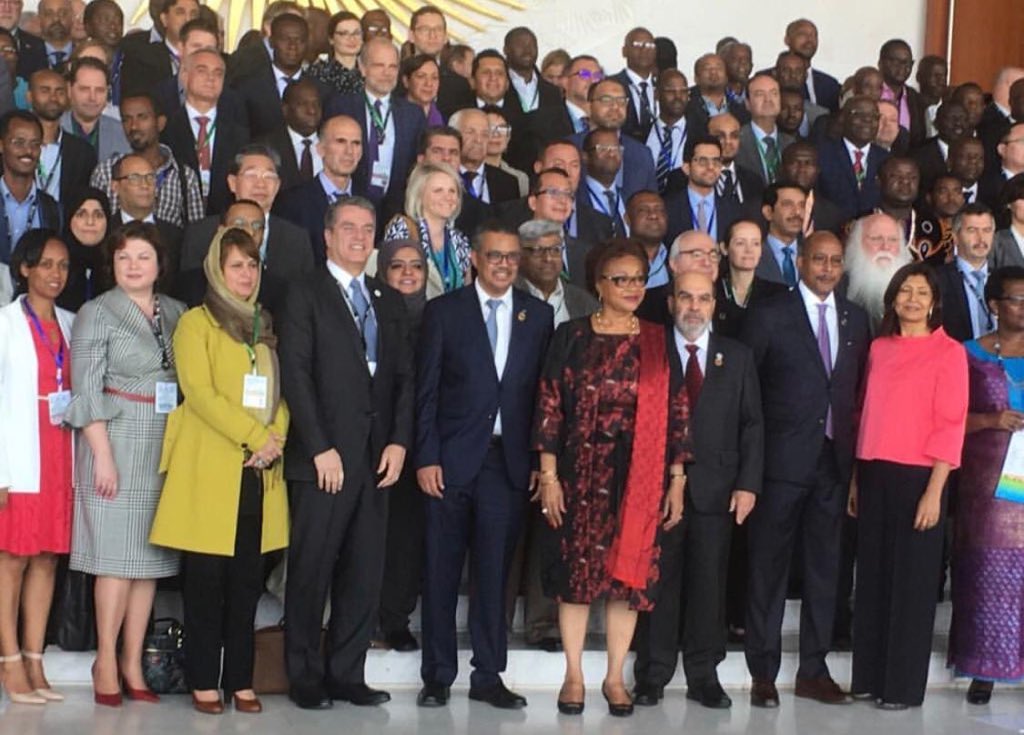 Related PAEPARD blogpost:
Related PAEPARD blogpost:
First FAO/WHO/AU International Food Safety Conference
12-13 February 2019. Addis Ababa, Ethiopia. First FAO/WHO/AU International Food Safety Conference
In this pivotal moment, this conference, co-organised by FAO, WHO, WTO and AU, brought together Ministers and representatives of national governments, senior policy makers as well as representatives of non-state actor groups from all regions of the world to engage in an urgent reflection on food safety challenges.
Related
1–2 April 2019. Rome, Italy: At the International Plant Protection Convention, 25 ACP countries mobilised around sanitary and phytosanitary (SPS) issues and priorities. COLEACP presented its Fit For Market SPS programme (FFM SPS) to the competent authorities of African, Caribbean and Pacific (ACP) countries.
Related: New EU Unfair Trading Practices Directive adopted
10 April 2019. For over 10 years, COLEACP and others have been lobbying the European Union to tackle unfair trading practices in agricultural supply chains. Smaller suppliers are particularly vulnerable to unfair practices – such as last-minute cancellation of orders and late payments.
This lobbying activity finally bore fruit and the groundbreaking EU Unfair Trading Practices Directive was formally adopted. Each EU Member State now has 2 years to enforce the Directive. For the first time there will be a shared minimum standard for fair trading practices enforced throughout Europe. This will provide regulatory certainty to buyers and confidence to suppliers –even those based outside the EU – that they will be able to access protection regardless of where their European buyer is based.
- the use of new technologies in the realm of food safety and trade;
- how trade in safe food can be facilitated at the borders;
- multi-stakeholder coordination and the role of partnerships;
- harmonizing food safety regulation in a period of change and innovation.
 The conference will result in a document summarizing key issues and recommendations from both, the Addis Conference and the Geneva Forum, to better align and coordinate efforts to strengthen food safety systems across
The conference will result in a document summarizing key issues and recommendations from both, the Addis Conference and the Geneva Forum, to better align and coordinate efforts to strengthen food safety systems across sectors and borders.
Extracts of the programme:
- Addressing the economic burden of foodborne disease Delia Grace, Co-Leader, Animal and Human Health, International Livestock Research Institute
- Aligning national food safety policies to promote food security Angela Parry Hanson Kunadu, Lecturer, Department of Nutrition and Food Science, University of Ghana
- Overview of the Addis Ababa Conference Josefa Leonel Correia Sacko (see picture), African Union Commissioner for Rural Economy and Agriculture
- Synergies between food safety and trade facilitation Elizabeth Murugi Nderitu, Acting DirectorStandards and SPS, TradeMark East Africa
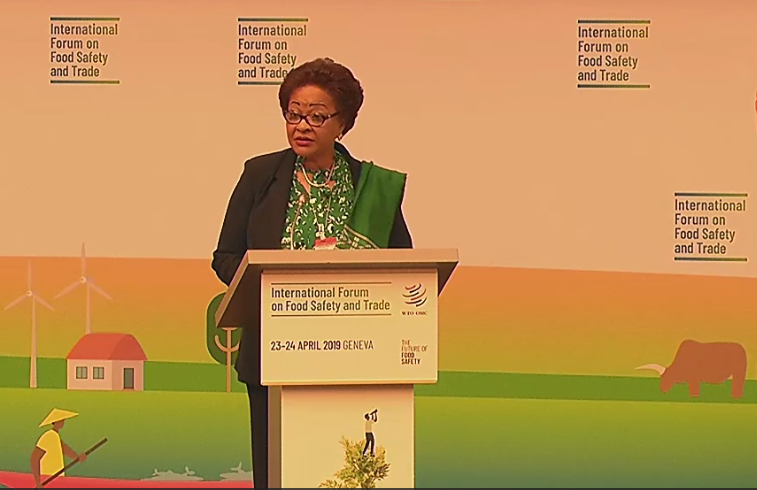
WTO Director-General Azevêdo highlights the connection between trade and #FoodSafety, adding that the digital economy provides opportunities to strengthen the linkage. #FoodTrade2019 pic.twitter.com/MG0r3tnY08— WTO (@wto) April 25, 2019
 Related PAEPARD blogpost:
Related PAEPARD blogpost:First FAO/WHO/AU International Food Safety Conference
12-13 February 2019. Addis Ababa, Ethiopia. First FAO/WHO/AU International Food Safety Conference
In this pivotal moment, this conference, co-organised by FAO, WHO, WTO and AU, brought together Ministers and representatives of national governments, senior policy makers as well as representatives of non-state actor groups from all regions of the world to engage in an urgent reflection on food safety challenges.
Related
1–2 April 2019. Rome, Italy: At the International Plant Protection Convention, 25 ACP countries mobilised around sanitary and phytosanitary (SPS) issues and priorities. COLEACP presented its Fit For Market SPS programme (FFM SPS) to the competent authorities of African, Caribbean and Pacific (ACP) countries.
Related: New EU Unfair Trading Practices Directive adopted
10 April 2019. For over 10 years, COLEACP and others have been lobbying the European Union to tackle unfair trading practices in agricultural supply chains. Smaller suppliers are particularly vulnerable to unfair practices – such as last-minute cancellation of orders and late payments.
This lobbying activity finally bore fruit and the groundbreaking EU Unfair Trading Practices Directive was formally adopted. Each EU Member State now has 2 years to enforce the Directive. For the first time there will be a shared minimum standard for fair trading practices enforced throughout Europe. This will provide regulatory certainty to buyers and confidence to suppliers –even those based outside the EU – that they will be able to access protection regardless of where their European buyer is based.

